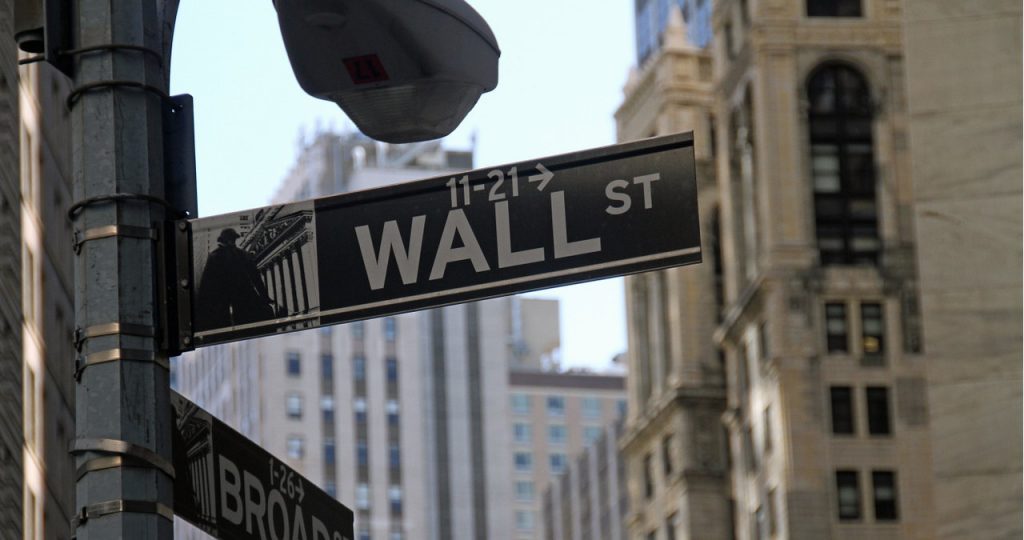Stock Market Rebounds In Anticipation Of Central Bank Stimulus

The stock market snapped back from its week-long slump on Monday following reports that global central banks are preparing to provide stimulus to alleviate the economic impact of the coronavirus.
The Dow Jones Industrial Average rose five percent or 1,294 points, offsetting more than a third of its losses last week. The surge has been considered as the Dow’s biggest one-day point gain in its history. The S&P 500 also gained 136 points or 4.5 percent while the Nasdaq went up by 384 points or 4.5 percent.
Concerns over the coronavirus outbreak has caused the Dow Jones to fall more than 3,500 points last week. The three major indices entered into correction territory in less than a week. The selloff amounted to a loss of almost $7 trillion in market value, according to Yahoo Finance.
Some analysts believe that many investors now realize that the market may have overreacted to the outbreak. “Investors decided it seemed overdone,” Chris Zaccarelli, chief investment officer of Independent Advisor Alliance, said, according to USA Today.
The virus has infected almost 90,000 across the globe, with around 3,000 fatalities. In the U.S., six people have died from the disease, with over 100 cases confirmed.
Zaccarelli pointed out that the rebound may also be due to reports that the U.S. Federal Reserve and other central banks are preparing to cut interest rates to stimulate the economy.
On Monday, both the International Monetary Fund and the World Bank announced that they are prepared to provide aid to countries affected by the virus.
“We will use our available instruments to the fullest extent possible. International cooperation is essential,” IMF Managing Director Kristalina Georgieva and World Bank President David Malpass said in a joint statement.
Despite the stock market rebound, some investors are still worried about an economic slowdown. “We’re not completely out of the woods,” Chris Pollard, head of market strategy at Cowen, told Yahoo Finance.
“The market by and large had been telling us this situation was going to deteriorate, [and] equities only caught on to that last week,” he said.
The Paris-based Organization for Economic Co-operation and Development has cut down its economic growth forecast from 2.9 percent to 2.4 due to the outbreak.
The Organization for Economic Development also predicted that the global economic growth will only reach 2.4 percent this year, the lowest since the 2009 financial crisis.
Randy Frederick, vice president of trading and derivatives for Charles Schwab in Austin, Texas, expressed skepticism about the effect of interest rate cuts.
“The Fed can cut rates all it wants, that is not going to put a person in a factory producing a product if that person is quarantined,” Frederick said, according to Reuters.
“I don’t think (monetary policy) solves the problem … This particular one is both supply and demand, it will help but it won’t fix the problem,” he added.
Most industrial centers and shops in China have shut down following the outbreak. Some companies have warned investors that the disruptions to supply chains would have an adverse effect on their revenue.
Michael Hewson, chief market analyst at CMC Markets, also expressed doubts about the impact of lower interest rates, as the virus mostly affects the supply side of economies.
“For all the talk of lower rates the one thing a rate cut can’t do is get people back to work and supply chains back running again,” Hewson said.